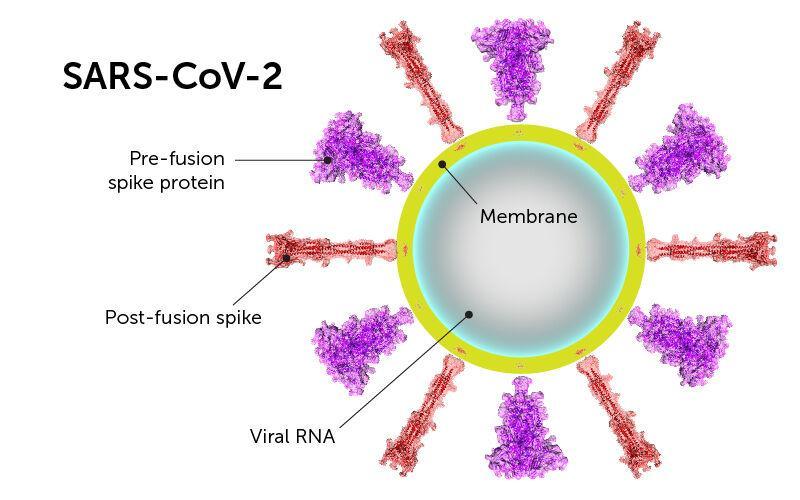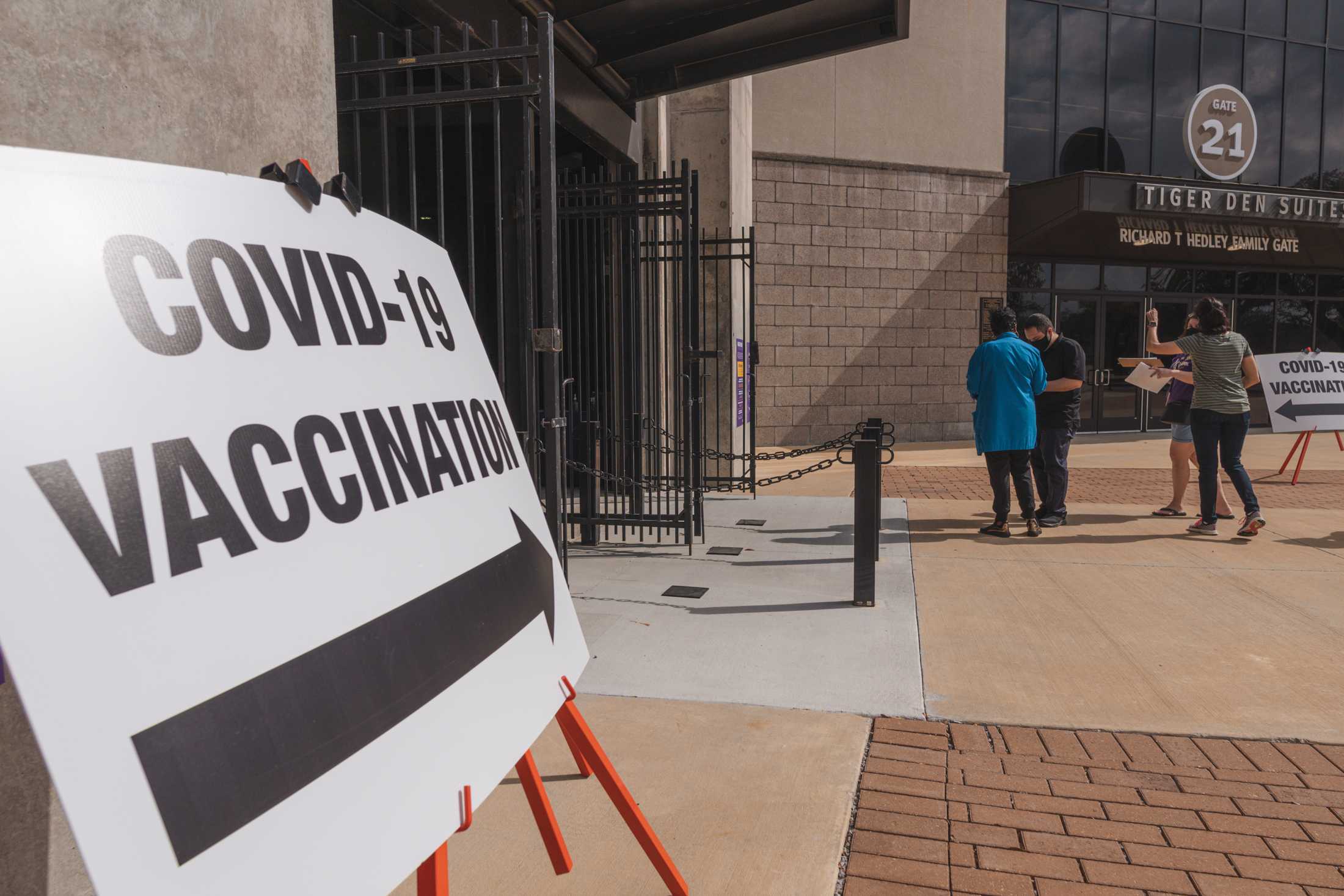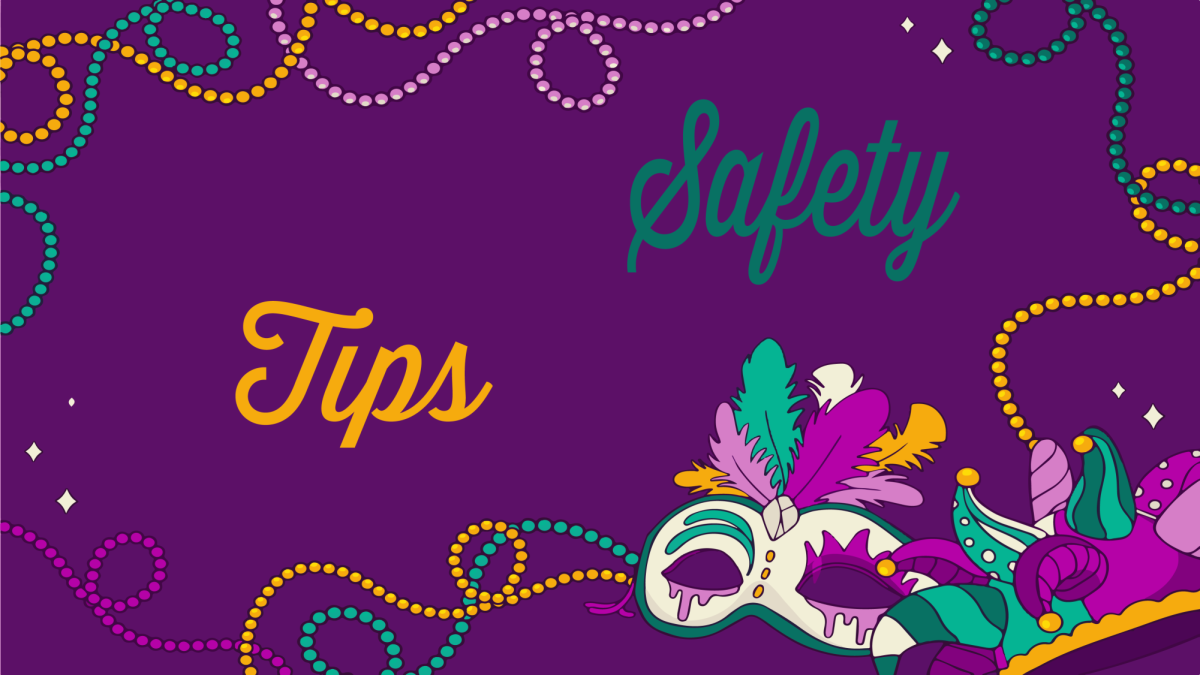In an ever-changing world in the midst of a global pandemic, getting a needle in your arm from one of three different organizations can be a little frightening. However, this guide to the who, what and where’s of the COVID-19 vaccine should alleviate most of those fears harbored by LSU students and Louisiana residents.
Who can get the vaccine
LSU: All employees are eligible to sign up. This includes student workers, graduate assistants, and all staff and faculty. The first round was only for students and employees with health conditions that put them at high risk for serious illness from COVID-19, but this requirement is no longer in effect.
Louisiana: The state government allows all residents over 65, anyone with a health conditions that puts them at risk, and all essential workers. On March 22, the state expanded the list of “essential workers.” A complete list of qualifiers can be found here.
Where to get the vaccine
LSU: Those approved by the university to get vaccinated will receive in-depth instructions about where and when to go. The mass vaccination site is at Gate 22 of Tiger Stadium, which is on S. Stadium Drive. Recipients will need to bring a photo ID and have filled out their daily symptom checker. You should wear a short-sleeve shirt and be prepared to wait in line, as well as 15 minutes after for observation.
Louisiana: Most pharmacies and health centers have vaccines available but they may be in short supply. The state health department has a full list of vaccination sites, though an appointment is required before hand.
Questions about the vaccines and the differences between the different brands
Which ones are available?
Three vaccines have been approved in the U.S. Two doses of the Pfizer and Moderna vaccines are required, 21 and 28 days apart, respectively. The Johnson and Johnson vaccine only requires one dose.
Are the vaccines safe?
Yes. All three have been tested extensively, in labs and on people. According to the CDC, some people have experienced minor side effects. These can include soreness and redness at the injection side, which are common amongst all vaccines. Fever, fatigue, chills and even nausea have been associated with the COVID-19 vaccine as well. While those might seem concerning, these reactions are actually encouraging, as it shows your immune system has responded to the vaccine and is working to build immunity, the same reason you experience symptoms while you’re sick with the common cold or flu.
The only serious reaction to the vaccine has been anaphylaxis, which is a type of allergic reaction and is very rare. According to the CDC, this reaction is not unique to the COVID-19 vaccine, and all providers will have the ability to treat the event on site. If you have had a history of allergic reaction to vaccines in the past, consult your doctor before receiving the COVID-19 vaccine.
What are the differences between the vaccines, and is one better or worse than the others?
Frankly, the only important difference between the vaccines is how many doses you need to get, (Pfizer and Moderna require two, J&J requires one) and the amount of time you need to wait between your two doses if you receive a Pfizer versus Moderna vaccine (Pfizer is 21 days, Moderna is 28 days).
However, many people understandably have more questions and concerns.
The Pfizer and Moderna shots are often referred to as “mRNA vaccines.” This is a new, but heavily researched method of developing vaccines. Traditional vaccines contain a weakened or dead strain of a virus which will introduce the disease to your immune system without getting you sick, for example the yearly influenza shot. The COVID-19 vaccines only contain the infamous “spike protein” genetic code, unique to the new coronavirus that makes it so contagious. You may remember this detail being discussed at length in the early days of lockdown. This will allow your immune system to recognize the virus with out introducing the part of the virus that makes you sick. These vaccines are also much easier and faster to produce, according to the CDC.
The Johnson and Johnson vaccine is made in a similar way. It also contains the spike protein code but uses an “adenovirus,” a modified, deactivated common cold virus, to transport the spike protein DNA to your immune system. The adenovirus is not able to replicate itself however, so it cannot make you sick. The other vaccines don’t need the adenovirus as the messenger RNA delivers itself to your immune system, whereas the full spike protein DNA would be immediately killed by your body if not protected, not giving your immune system a chance to develop a response to it.
According to the New York Times, DNA strands are studier than mRNA, which is why the Johnson and Johnson vaccine can be stored at higher temperatures. More in-depth explanations of how the vaccines work written by the New York Times can be found here.
Can I get COVID-19 from the vaccine?
No! While it is a common misconception that you can get a disease from its vaccine, this is impossible. You might experience symptoms associated with COVID-19, but this is not the same. None of the vaccines available in the U.S. even contain the live virus, nor the contents that make you sick. The vaccines only contain specific elements of the virus that will help your immune system recognize the virus. However, according to the CDC, it takes a few weeks to gain immunity from the vaccine, so it is possible to contract COVID-19, experience symptoms and be contagious a few days before or after your shot. But you will not contract COVID-19 from the shot itself.
Is one vaccine better or worse than the others?
While the three vaccines used in the U.S. reported different efficacy rates in their trials, that does not mean one is better or worse. There are several reasons for this. Many people point to the fact that the Pfizer and Moderna vaccines reported a 95% and 94% efficacy rate respectively, while the Johnson and Johnson shot only reported a 66% efficacy rate. However, this does not mean Johnson and Johnson’s vaccine is worse at keeping you from getting sick.
The short explanation is this: all the vaccines had a 100% success rate in preventing serious illness and death in their clinical trials. Preventing all infections are not the point of a vaccine, as that is impossible. Vaccines aim to prevent severe infections, so that if you contract COVID-19, it is more like a cold rather than a disease that will put you in the hospital.
The CDC, doctors and experts agree that the best vaccine is the one available to you.
A more detailed explanation can be found here:
It is understandable why people may have concerns about getting a COVID-19 vaccine. The COVID-19 vaccines were produced in record time, and the science behind vaccines is incredibly complex and difficult to understand, making trusting them hard for some. However, the CDC and leading medical experts can promise you that the vaccines are safe, effective, and necessary for returning to normal. Plenty of sources and explanations have been linked, and you are encouraged to use them to educate yourself, peers and loved ones so that everyone feels safe and encouraged to get protected.
FAQ: COVID-19 vaccines, side-effects and more
By Joey Bullard
March 31, 2021
A diagram of the COVID-19 virus provided by the Boston Children’s Hospital.








